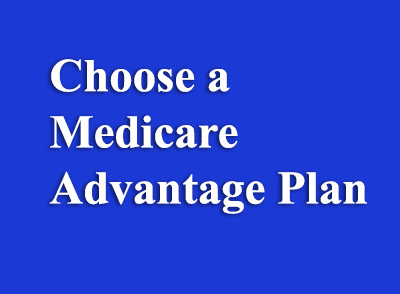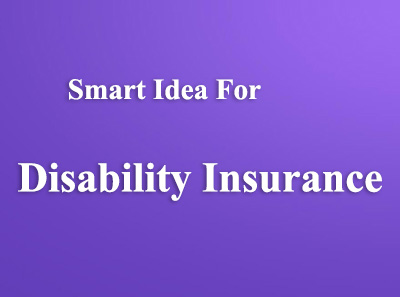Health insurance is meant to protect your finances, but the wrong choices can quietly cost you hundreds—or even thousands—of dollars each year. Many people don’t realize they’re making costly mistakes until a medical bill arrives. Understanding the most common health insurance errors can help you avoid unnecessary expenses and get the most value from your coverage.

Choosing a Plan Based Only on Monthly Premium
One of the biggest mistakes is selecting a plan solely because it has the lowest monthly premium. While a lower premium may look appealing, these plans often come with higher deductibles, copays, and out-of-pocket maximums. If you need regular medical care, prescriptions, or specialist visits, you may end up paying far more over the year than you would with a slightly higher premium plan.
Not Checking Provider Networks
Many people assume their doctor or hospital will be covered, only to discover later that they’re out of network. Out-of-network care can result in significantly higher bills or no coverage at all. Before enrolling, it’s essential to confirm that your preferred doctors, hospitals, and specialists are included in the plan’s network.
Ignoring Prescription Drug Coverage
Prescription costs can add up quickly, yet many people don’t review a plan’s drug formulary. Medications may fall into different tiers with varying costs, or they may not be covered at all. Failing to check this information can lead to unexpected monthly expenses or the need to switch medications.
Missing Enrollment Deadlines
Missing open enrollment or special enrollment deadlines can leave you uninsured or force you into a plan that isn’t ideal. Without qualifying life events—such as marriage, childbirth, or job loss—you may have to wait months to obtain coverage, risking large medical bills in the meantime.
Overlooking Preventive Care Benefits
Most health insurance plans cover preventive services like annual checkups, vaccines, and screenings at no cost. Many people skip these benefits, missing early detection of health issues and potentially facing higher medical costs later.
Underestimating Out-of-Pocket Costs
Some individuals focus on deductibles without considering coinsurance and out-of-pocket maximums. These costs can quickly add up during major medical events. Understanding your plan’s full cost structure helps you prepare financially and avoid surprises.
Not Asking for Professional Help
Health insurance is complex, and trying to navigate it alone can be overwhelming. Many people assume working with a health insurance agent costs extra, when in most cases it does not. An experienced agent can help compare plans, explain benefits, and find coverage that fits both your healthcare needs and your budget.
Final Thoughts
Avoiding these common health insurance mistakes can save you significant money and stress. The right plan isn’t just about cost—it’s about coverage, access, and peace of mind. Reviewing your options carefully and seeking expert guidance can help ensure you’re protected without overpaying.
Harbor Ridge Financial provides health insurance, Medicare Plans and life insurance in Clearwater and the surrounding Tampa Bay area.
For more information, visit our website, https://www.harborridgefinancial.com/
or call (727) 953-8200.









